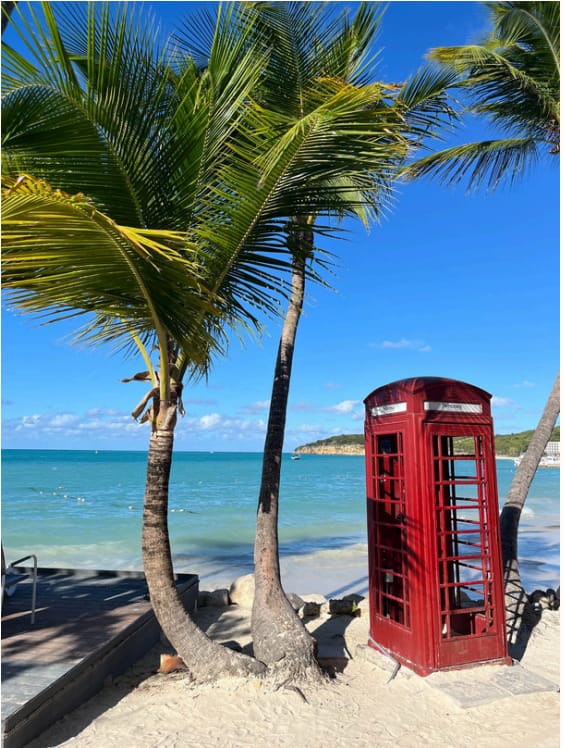Antigua and Barbuda; known for its amazing beaches, a tropical paradise, crowded with excited tourists. However, the question remains: what makes up our country?
Is it these generalisations or is it more than sun, sea and sand?
History is the key to answering these questions. Antigua goes beyond these stereotypes and rather, history shapes and influences our perception of our country.
Issues such as race, gender and political censorship remain prevalent and these stem from our deeply implicated history.
In order to understand Antigua today, we have to understand the struggles, triumphs and legacies that shape our current identity.
Let me give you a personal example of which you can possibly relate to: while enjoying the beach with friends we took shelter under an umbrella as it began to rain.
A black woman demands that we leave her umbrella and scolds one of our white friends for being with our black friend group.
She physically starts arguing and removing our belongings, however, when a white family decides to take shelter under another umbrella, she does not object or question them as she did with us.
This was not a random act of unkindness, and the fact that this woman was black herself brings up questions of internalised racism.
How can someone who shares the same skin complexion treat us with prejudice? The answer seems to point towards internalised racism and the deep implications present due to colonialism and its system of oppression.
Put simply, the woman values white individuals more than she values her own race.
She views these white individuals to be superior (better than) black people.
This woman has her own prejudices, as we all do, but how does our history and environment shape these prejudices?
While she could have potentially treated us this way because of our ages or because she thinks this tourist white family could spend more money at her establishment.
It still brings up discussions of how we treat black locals compared to white tourists.
Does money buy our respect and how has the tourist industry created a cycle of perpetuated internalised racism, so much so that we treat our own people with unkindness?
This situation raises questions of how far we as a society have come from our colonial past (slavery) and how that past still remains in our daily lives – in ways we aren’t aware of.
So ask yourself: How well do you know your history?
So ask yourself: How well do you know your history?
Can you see the patterns of our historical past written all over Antiguan culture?
History isn’t just about the past, it’s a guide for our future- a mirror reflecting who we are today.
If we ignore our history, we miss the chance to address systemic issues such as race and gender inequalities.
We risk raising a generation disconnected from their identity and their power to make change.
All over the world, we see history repeating itself and efforts to erase critical lessons become apparent.
In Antigua and Barbuda, our history risks being forgotten, overshadowed by the glossy image of a tourist paradise.
I am starting this series because I believe history is crucial to guiding us forward and that we should learn about what it means to be Antiguan and Barbudan in today’s world.
To the youth of Antigua and Barbuda: I implore you to learn about your history and question it.
History is a tool to shape the future, and that future is in your hands.
It’s important for us to establish a dialogue where we can discuss these issues and learn from them.
If you have any suggestions or questions that you would like to discuss alongside this series, my email is youtharchive268@gmail.com





